The once-futuristic vision of robot-staffed hotels in Japan has encountered a harsh reality check. Following the high-profile closure of Henn na Hotel’s flagship location in Nagasaki and subsequent scaling back of its robotic workforce across multiple properties, the travel industry is grappling with the limitations of technology-driven hospitality. What began as an ambitious attempt to revolutionize tourism through automation has revealed deeper challenges about human expectations, technical feasibility, and the delicate balance between innovation and tradition.
The Rise and Stumble of Robotic Hospitality
Japan’s Henn na Hotel (translated as "Strange Hotel") made global headlines in 2015 as the world’s first hotel staffed primarily by robots. From dinosaur-robot receptionists to AI-powered luggage carriers, the concept promised unparalleled efficiency and novelty. Major corporations poured investments into similar ventures, anticipating cost savings and aligning with Japan’s reputation for technological prowess. Yet by 2023, over half of these automated hotels had quietly removed their robotic employees or shut down entirely. The reasons behind this reversal expose fundamental misjudgments about the nature of hospitality.
Technical malfunctions became a recurring theme. Robots designed for simple tasks like room service delivery frequently got stuck in hallways or failed to understand guest requests. The much-touted multilingual dinosaur receptionist often reverted to Japanese mid-conversation, leaving international travelers bewildered. Maintenance costs soared as specialized technicians were needed for repairs that human staff could have handled independently. "The robots created more problems than they solved," admitted a former manager at a Tokyo-based automated hotel who requested anonymity. "Guests expected seamless sci-fi efficiency but encountered clumsy prototypes."
The Human Element Gap
Beyond technical issues, the experiment highlighted something less quantifiable but equally critical: the irreplaceable value of human interaction in hospitality. Travelers initially drawn by curiosity often reported feeling unsettled by the absence of staff during emergencies or when seeking personalized recommendations. A 2022 survey by the Japan Tourism Agency found that 68% of guests at robotic hotels missed "the reassurance of a human smile" when dealing with complications. This emotional disconnect proved particularly damaging in Japan’s service culture, where omotenashi (the spirit of selfless hospitality) forms the cornerstone of customer satisfaction.
Cultural mismatches also emerged. While Japanese guests might tolerate impersonal service for lower prices, international tourists—a key target market—often viewed the robot staff as gimmicky rather than genuinely convenient. "I flew twelve hours to experience Japanese culture, not to check into a dystopian tech demo," remarked Australian traveler Sarah Chen after staying at a Kyoto automated hotel in 2021. Such sentiment underscores a critical blind spot in the robotic hotel boom: technology cannot replicate the cultural exchange that motivates much of international travel.
Economic Realities vs. Technological Fantasies
The financial model of robot hotels unraveled faster than anticipated. Proponents initially argued that eliminating human labor would dramatically reduce operating costs. In practice, the opposite occurred. The sophisticated machinery required constant software updates, specialized maintenance, and frequent replacements as technology rapidly became obsolete. Energy consumption for 24/7 operational robots often exceeded that of traditional hotels. When the COVID-19 pandemic hit, these establishments lacked the flexibility to scale down operations as effectively as human-staffed competitors.
Labor economics presented another paradox. Japan’s shrinking workforce made automation seem inevitable, yet the country simultaneously faces record unemployment among younger generations eager for service industry jobs. This contradiction forced a reevaluation of priorities. "We realized we weren’t solving labor shortages, just displacing them into technical support roles that required more specialized training," explained economist Haruto Watanabe of Keio University. The promised cost savings never materialized, with many robotic hotels charging premium rates to recoup investments, thereby alienating budget-conscious travelers.
Lessons for the Future of Tech-Infused Tourism
The retreat from full automation doesn’t signify a complete rejection of technology in hospitality. Instead, industry leaders are advocating for a hybrid approach where robots handle specific back-end operations (like laundry or inventory management) while humans remain the face of guest interactions. Some former robotic hotels have successfully rebranded by incorporating selective high-tech elements—such as facial recognition check-ins or AI concierge apps—while restoring traditional staff positions.
This recalibration reflects broader trends in smart tourism. From Singapore’s Changi Airport to Dubai’s futuristic resorts, successful implementations focus on using technology to enhance rather than replace human service. The Japanese experience serves as a cautionary tale about overestimating technological readiness and underestimating the psychological dimensions of travel. As the global hospitality industry increasingly explores AI and automation, the fallen robot hotels of Japan offer a powerful lesson: in the business of creating comfort and memories, circuits and algorithms cannot replace the warmth of human connection.
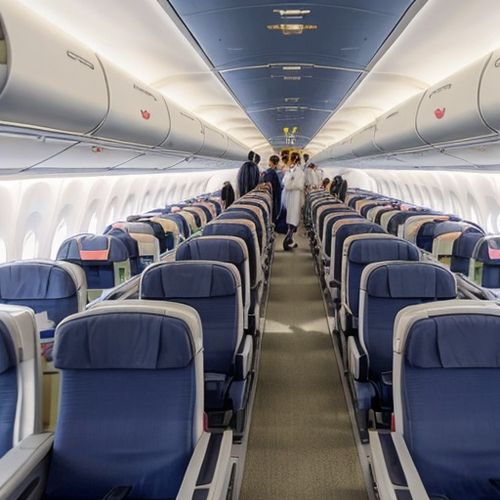
By Lily Simpson/Apr 6, 2025

By William Miller/Apr 6, 2025

By Joshua Howard/Apr 6, 2025

By Christopher Harris/Apr 6, 2025

By Jessica Lee/Apr 6, 2025

By Benjamin Evans/Apr 6, 2025

By Michael Brown/Apr 6, 2025
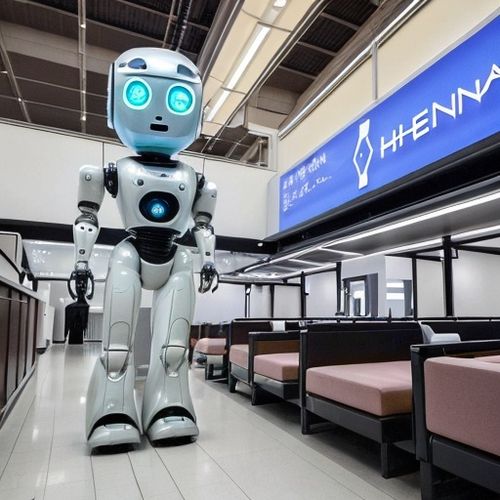
By Olivia Reed/Apr 6, 2025
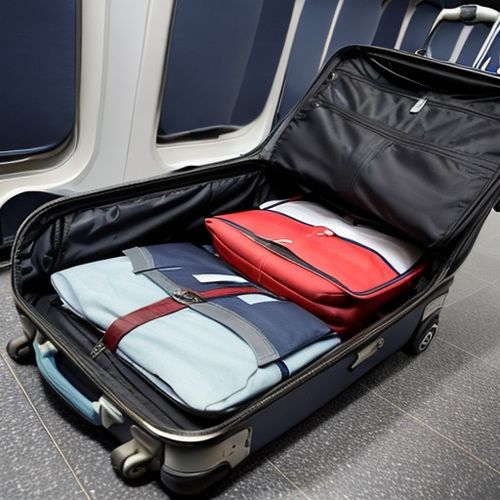
By Victoria Gonzalez/Apr 6, 2025
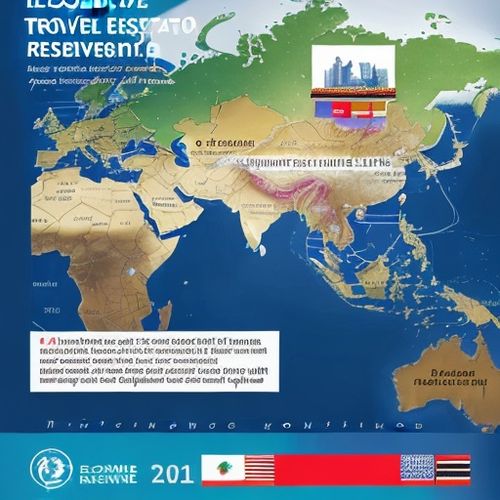
By Christopher Harris/Apr 6, 2025

By Emily Johnson/Mar 31, 2025

By Emily Johnson/Mar 31, 2025

By John Smith/Mar 31, 2025

By Emily Johnson/Mar 31, 2025

By Amanda Phillips/Mar 31, 2025

By Victoria Gonzalez/Mar 31, 2025

By Noah Bell/Mar 31, 2025

By Sarah Davis/Mar 31, 2025
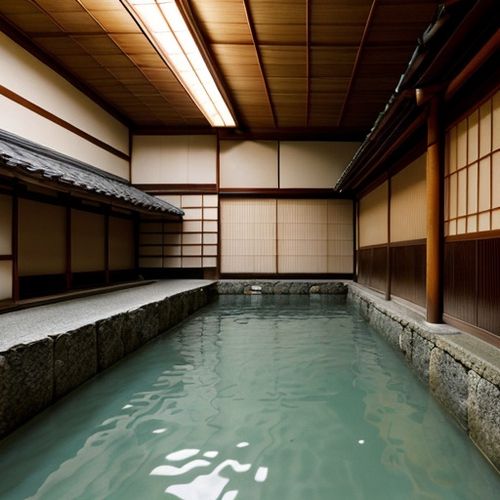
By Laura Wilson/Mar 31, 2025

By Sarah Davis/Mar 31, 2025